
Por Mariana Conde
De niña yo tenía mis heroínas. Estas fueron cambiando; primero mi maestra de kínder, a la que adoraba y que fue muy cercana en mis primeros años. Luego, por supuesto estaba la Barbie que podía hacerlo todo: un día era veterinaria y al otro esquiadora profesional o jinete de equitación. Cuando conocí en la tele a la Mujer Maravilla me olvidé de las demás; yo quería ser como ella, quería el cinturón para amarrar a los malos, los brazaletes que desviaban balas, el poder de leer la mente de personas y animales. A Barbie nadie le objetaba que en este clima no existen campeonas de patinaje en hielo ni a la Mujer Maravilla alguien se atrevió a decirle que pateaba como niña.
Hoy, tengo otro tipo de heroínas. Son mujeres de carne y hueso que hacen de su vida un trayecto heroico:
mi mamá, algunas amigas… Yesenia Escudero.
Si no sabes quién es ella, te cuento que acaba de recibir en Madrid, en el auditorio de la escuela de negocios IESE, el premio a la Responsabilidad Socialy Sostenibilidad de la Fundación Corresponsales, por su emprendimiento Floridown. https://floridown.com/
Yesenia inició hace más de diez años la Fundación Mosaico Down (https://mosaicodown.org/), la cual tiene hoy dos planteles con más de 150 alumnos con síndrome de Down y otros tipos de discapacidad intelectual, con edades que van desde un año hasta la vida laboral. Tiene además la carrera de gastronomía (avalada por el Instituto Mexicano de Gastronomía), escuela de floristería (con programa de la escuela Diseño 9) y está iniciando un taller de encuadernación (de la mano de una escuela de arte) para que tengan de dónde escoger los que no les gusta la cocina o las flores. Ante la falta de oportunidades laborales para sus graduados, su peculiar lógica y temeridad la llevó a abrir dos cafeterías, módulos de café en empresas, el servicio de Catering con Causa(https://mosaicodown.org/pages/catering-con-causa ), así como la florería virtual Floridown, para dar empleo a sus egresados.
Es que conseguimos dos plazas de trabajo en la cocina de un restaurante y el primer día que se presentaron me llama el gerente para preguntar que quién los iba a venir a cuidar. Y yo, ¿cómo? Son adultos, ya se graduaron de chef, llevan años manejando cuchillos y cafeteras.
Yesenia no es madre de alguien con síndrome de Down, no tiene una persona con discapacidad en su familia, ni creció cerca de alguna, lo cual ella ve como una desventaja. Sus motivos para dedicar su vida a estas personas vienen de otro lado.
A los diecisiete años le dio una enfermedad por la que, en menos de quince días dejó de mover todo su cuerpo, comía por sonda y llegó a bajar 25 kilos. En siete meses, pasé de ser una chava con sueños, fiestera, activa, a un punto en que los médicos le dijeron a mi mamá: no hay nada que hacer, llevensela a su casa. Me desahuciaron, ¿tú crees? Pero mi mamá dijo, no me la llevo. De algún lado saqué yo lo terca.
No sabiendo dónde meterla, acabó en Reumatología. Ahí, un médico intervino, le hizo más pruebas y descubrió que tenía polimiositis, una enfermedad rara parecida al lupus que ataca algún grupo muscular. Yesenia se sacó la lotería, la tenía en todo el cuerpo.
A pesar de oír que era una enfermedad incurable y degenerativa su reacción fue otra: Al fin sabíamos que era y supe que me iba a curar. Enfoqué todo en mis terapias de rehabilitación.
El día que cumplió 18 años su médico le anunció de regalo que la daba de alta, bajo advertencia de que necesitaría guardar reposo absoluto por un año. El virus estaba dormido por los medicamentos pero al menor esfuerzo podría despertar.
La lista de los no puedes era tan larga que ni terminé de escuchar: no caminarás sola, no puedes ir a la escuela, no puedes tener hijos….
Deprimida en casa, sus excompañeros de la prepa la convencieron de ir a una fiesta. Y que me voy en mi silla de ruedas. En esa fiesta aprendí una valiosa lección: la gente piensa que para ayudar necesitas dar dinero, cosas. La mayor ayuda es una palabra de aliento, un voto de confianza.
Ese ánimo la decidió a desobedecer órdenes médicas y regresó a terminar la prepa. Era agotador y requirió de la ayuda de mucha gente, pero lo hizo. Querer, busca cómo, no querer busca pretextos. Puedes tener el cuerpo débil pero si tu espíritu está fuerte, es suficiente.
Cada mes en consulta, el doctor se maravillaba de sus avances, pero no fue sino hasta el año que ella confesó haber ido contra todas sus indicaciones. Me dijo, a qué santo le rezaste. A ninguno, pero no me quedé en mi casa.
Estudió Administración para ganar dinero y ayudar a sus papás con las deudas que dejó su enfermedad. Siguió desobediente y trabajó en el competido medio financiero; se casó, tuvo su primera hija (esta atrevida se aventó dos) y convencida de que la vida la había retenido por algo, empezó a hacer voluntariado donde fuera.
Poco después regresó a la escuela a cumplir su sueño de ser maestra de historia. Al ver en la carrera las múltiples carencias educativas de nuestro país, cambió de parecer. Una compañera trabajaba en un centro para niños con síndrome de Down y contaba que muchos papás no podían pagar las cuotas. ¿A dónde se iban esos niños? A sus casas.
Me interesé y averigüé que estos niños podían aprender si se les daba estimulación, apoyo y una oportunidad.
Lo demás es historia. Yesenia no solo camina, viaja y disfruta a sus hijas, sino que –con esfuerzos que rozan en lo hercúleo– ha construido uno de los centros educativos y laborales para personas con discapacidad intelectual más exitosos del país, yahora, un ejemplo a nivel internacional.
Lo que no sabe, lo aprende, lo que no hay, lo crea. Hoy, mi terca heroína vive, y cientos de personas con discapacidad viven mejor gracias a ella.
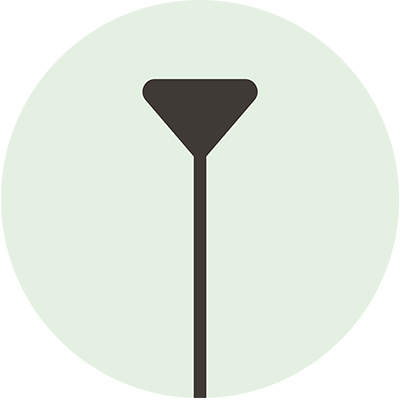
Las opiniones expresadas son responsabilidad de sus autoras y son absolutamente independientes a la postura y línea editorial de Opinión 51.


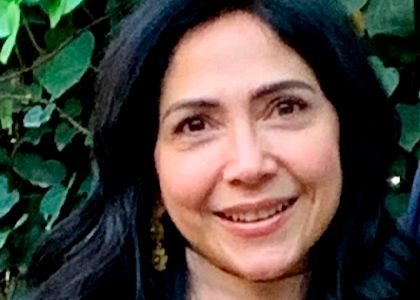
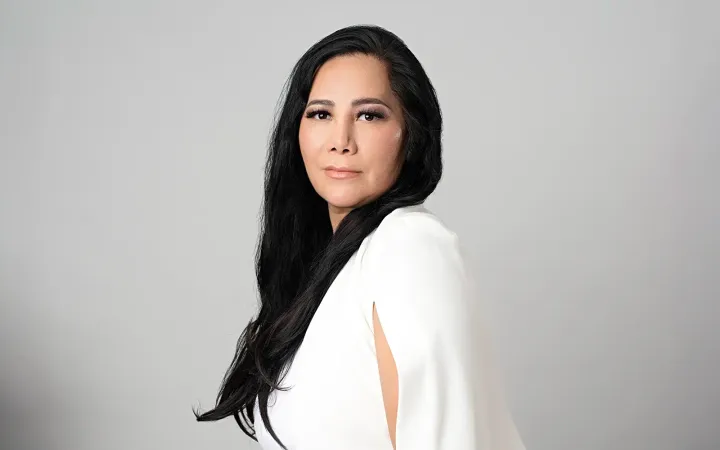
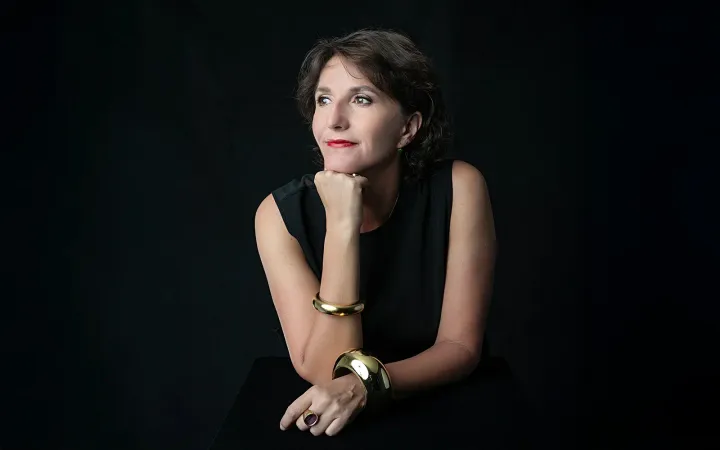
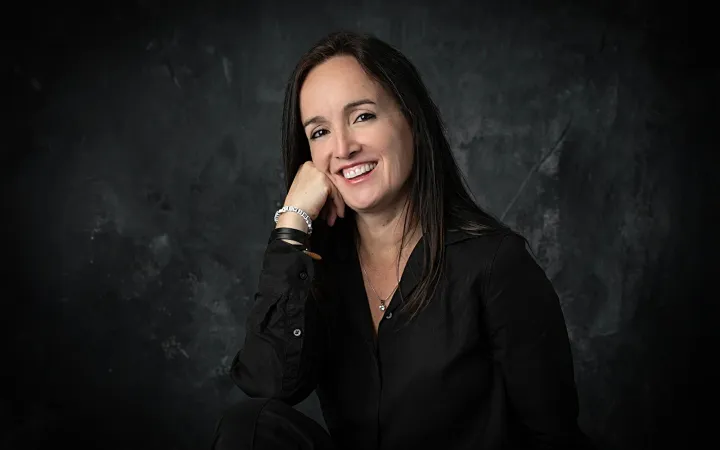
Comments ()